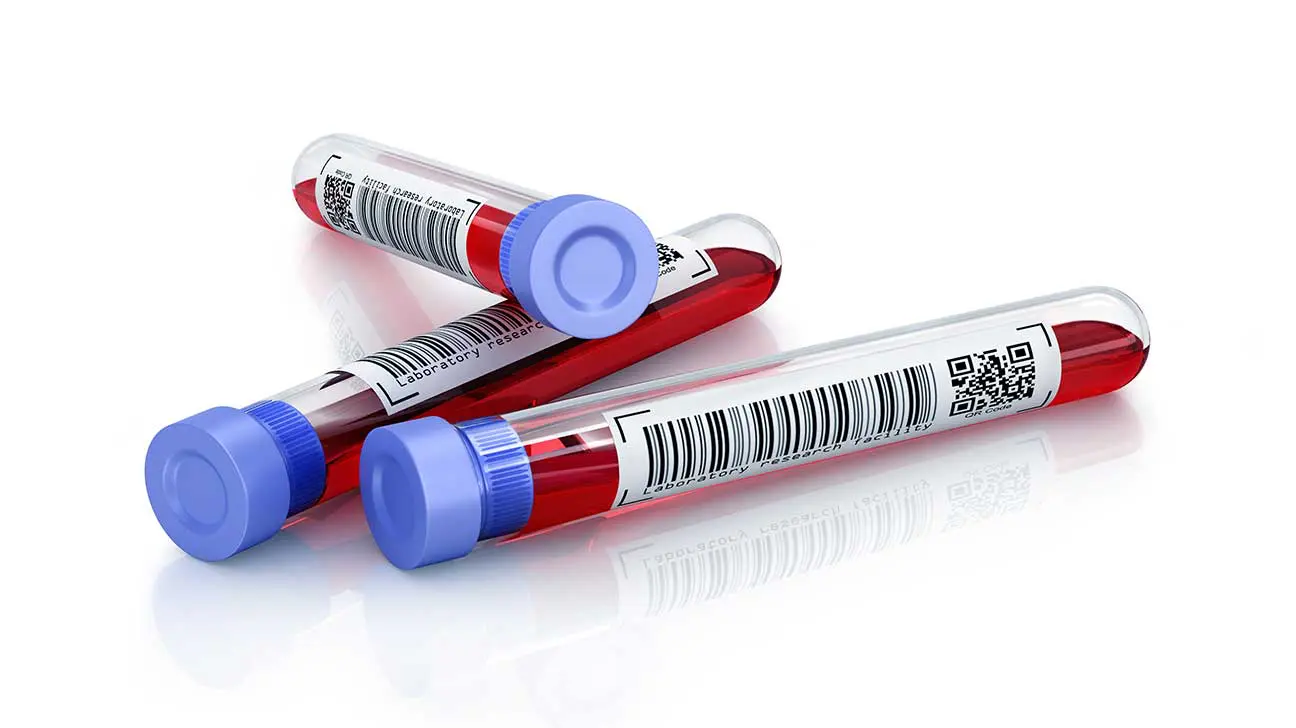
Opioid drugs, commonly prescribed for acute and chronic pain relief, can be detected in a blood test. The amount of time they can be detected in the blood, however, is very short.
Blood tests have the shortest detection window of all drug tests. Blood tests may be used to detect drug use very quickly or to monitor a person’s prescription drug use.
Read more about detecting opioids through drug tests
Opioid Detection Times In Blood
Opioid drugs can be detected in the blood for anywhere from six hours to three days, depending on the type of opioid that was used and other personal factors.
Detection times for common opioid drugs include:
- oxycodone (OxyContin): up to 24 hours
- hydrocodone (Vicodin): up to 24 hours
- hydromorphone (Dilaudid): up to 24 hours
- oxymorphone (Opana): up to 24 hours
- tramadol (Ultram): up to 48 hours
- methadone: between 30 minutes to three days
- codeine: up to 24 hours
- morphine: up to 12 hours
- fentanyl: up to 48 hours
- heroin: up to six hours
Factors That Affect How Long Opioids Remain In Blood
Not all bodies metabolize opioid drugs at the same speed. Metabolism and other factors can influence how long opioid drugs will remain detectable in a person’s blood.
Factors that can affect opioid detection times in blood include:
- age
- dose taken
- formulation (i.e. immediate or extended-release)
- frequency of use
- duration of use
- method of use (e.g. swallowing, injection, snorting)
- metabolism
- body composition (e.g. weight, body fat percentage)
- use of other drugs
Why Blood Drug Tests Are Used
Blood drug tests are less often used than urine screens. Because they have a very short detection window, they are less likely to detect drug use beyond 48 hours after use.
A blood test may be ordered if another type of testing method is inaccessible, or if the ordering entity is looking to identify drug use that occurred within the previous 24 to 48 hours.
Finding Treatment For Opioid Addiction
Testing positive for opioid use is a common concern among those who are addicted to opioids. If this describes you or a loved one, you’re not alone. We can help you find treatment.
Treatment options may include:
- opioid detox
- inpatient rehab
- outpatient treatment
- medication-assisted treatment
Call our helpline today to find an opioid addiction treatment program that’s right for you.
Addiction Resource aims to provide only the most current, accurate information in regards to addiction and addiction treatment, which means we only reference the most credible sources available.
These include peer-reviewed journals, government entities and academic institutions, and leaders in addiction healthcare and advocacy. Learn more about how we safeguard our content by viewing our editorial policy.
- U.S. National Institute on Drug Abuse (NIDA)—Effective Treatments for Opioid Addiction
https://www.drugabuse.gov/publications/effective-treatments-opioid-addiction - U.S. National Library of Medicine—OBJECTIVE TESTING - URINE AND OTHER DRUG TESTS
https://www.ncbi.nlm.nih.gov/pmc/articles/PMC4920965/ - U.S. National Library of Medicine: PubMed—Detection times of drugs of abuse in blood, urine, and oral fluid
https://pubmed.ncbi.nlm.nih.gov/15228165/


